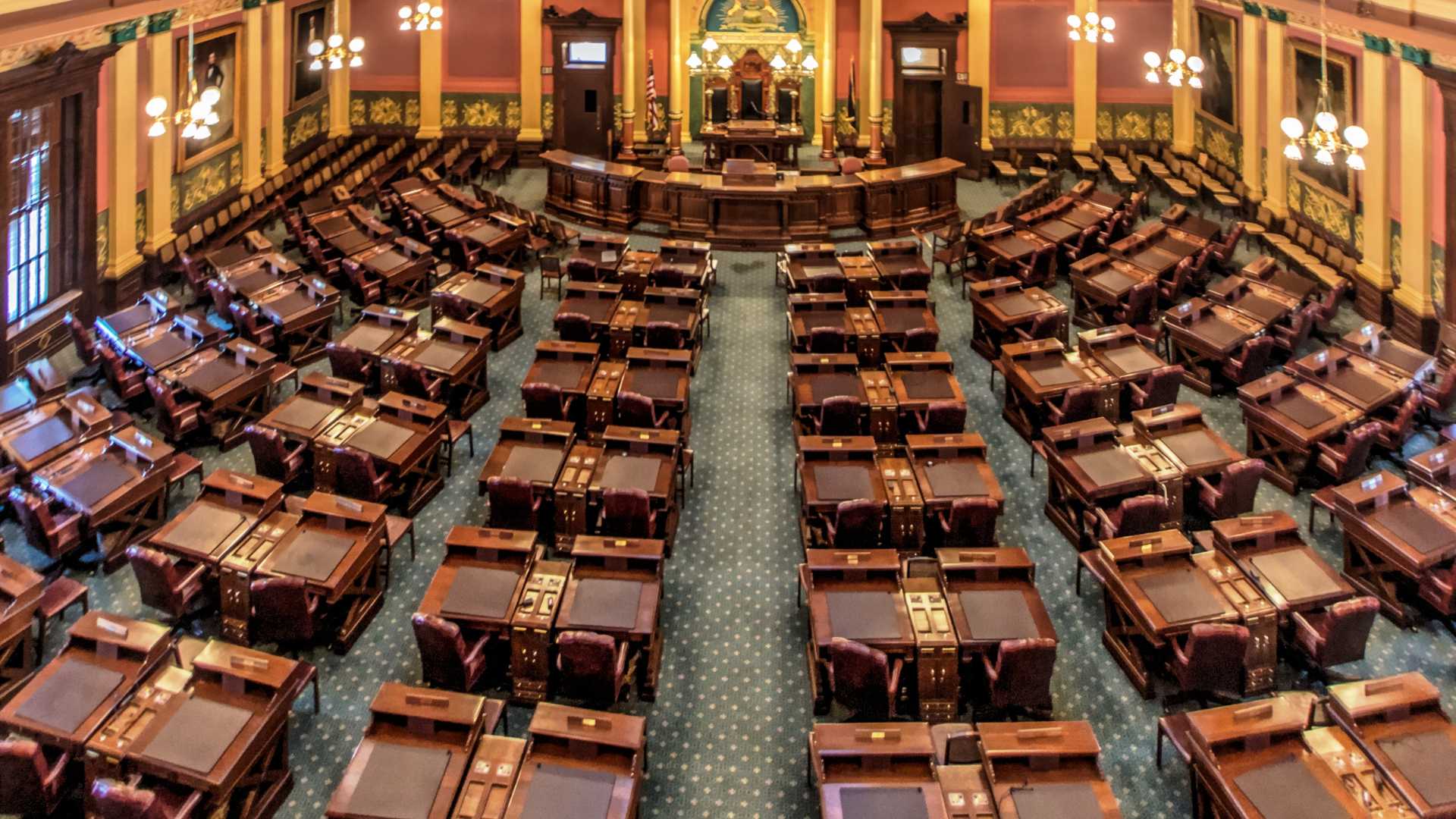
Michigan legislators introduce groundbreaking guaranteed severance pay legislation
July 10, 2024
On July 30, the Guaranteed Severance bill will be reintroduced in the Michigan legislature.
The Worker Adjustment and Retraining Notification (WARN) Act is a federal law that requires employers to provide advance notice of mass layoffs or plant closings that will result in a certain number of employees losing their jobs.[1] The Guaranteed Severance Pay bill expands the current MI state Worker Adjustment and Retraining Notification Act (WARN) notice from 60 days to 90 days in the event of layoffs, closures, or relocations and increases the penalty of not providing notice to 4 additional weeks of pay. Additionally, passing guaranteed severance pay legislation would save Michiganders millions in taxpayer money. Ensuring companies pay their fair share would protect the state’s unemployment insurance system. If guaranteed severance pay legislation had been in place since 2020 and companies paid lump-sum payments, it could have saved Michigan taxpayers $17 million over that time period. [2]
The Private Equity Stakeholder Project supports this legislative effort and agrees that guaranteed severance legislation is important and needed for Michiganders and the Michigan economy. Guaranteed severance law would hold private equity-owned companies accountable for mass layoffs.
In a measure of layoffs between 2018 and 2022 in Maine, Maryland, Colorado, Nevada, Pennsylvania, New Mexico, and Wisconsin PESP found that companies backed by private equity were responsible for a higher percentage of layoffs than the percent they employ. The average number of employees employed by private equity-owned firms was 8.09% and the average of layoffs attributed to private equity-owned firms was 19.95%, more than double the expected rate.
In 2023, private equity portfolio companies accounted for 16% of all US bankruptcy filings.[3] Across all sectors, private equity-owned companies are twice as likely to go bankrupt compared to public companies, mainly due to the high levels of debt associated with typical private equity deals.[4] The private equity model generally prefers short-term profits and rapid value extraction and can create risk for the long-term stability of the companies in their portfolios. Bankruptcies can often lead to store or job site closures and mass layoffs. (Click here to read more about current PE bankruptcies)
This bill would ensure companies pay their fair share rather than passing the cost on to the state’s unemployment insurance system.
Resources
[1]https://www.dol.gov/agencies/eta/layoffs/warn
[2] MI Guaranteed Severance Pay Bill Coalition Sign-On Letter – UFR
[3]https://www.spglobal.com/marketintelligence/en/news-insights/latest-news-headlines/private-equity-portfolio-company-bankruptcies-maintain-record-pace-81665915#:~:text=Elevated%20share%20of%20bankruptcies,consumer%20discretionary%20with%20six%20filings.
[4] Lauren Weber, “Fact Check: Does Private Equity Kill Jobs?” Wall Street Journal, April 25, 2014, https://blogs.wsj.com/atwork/2014/04/25/factcheck-does-private-equity-kill-jobs/.
